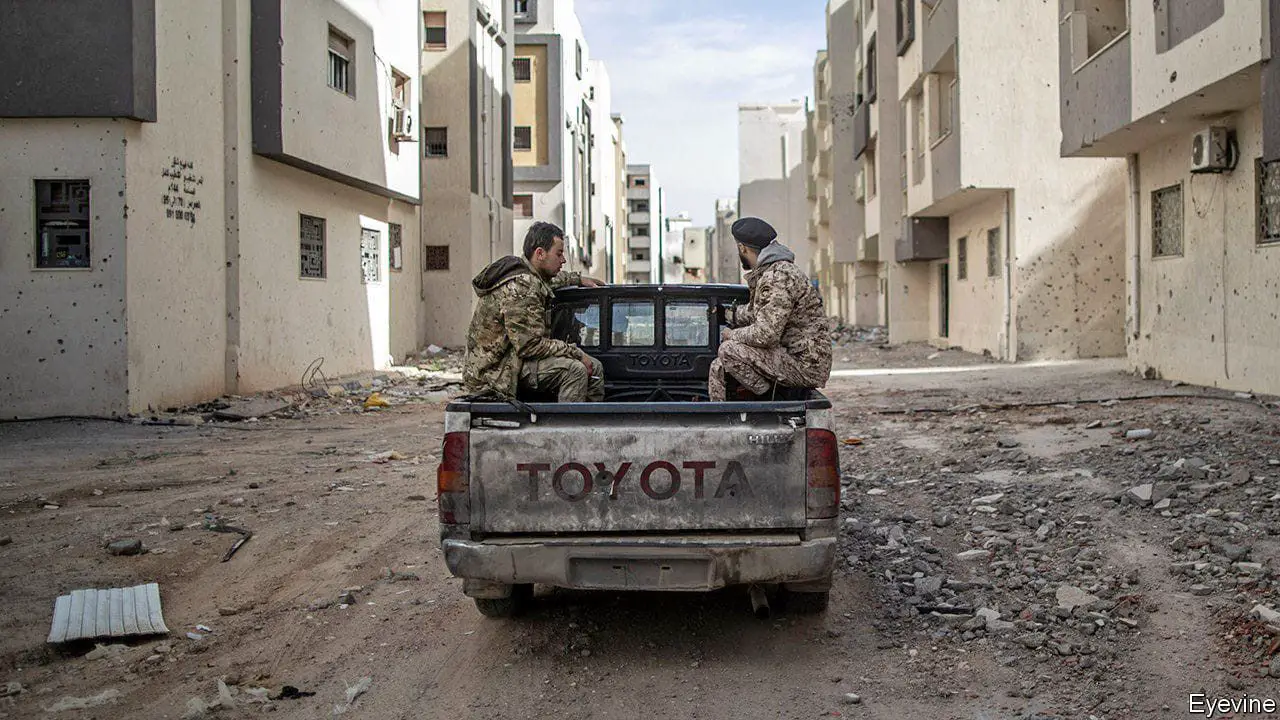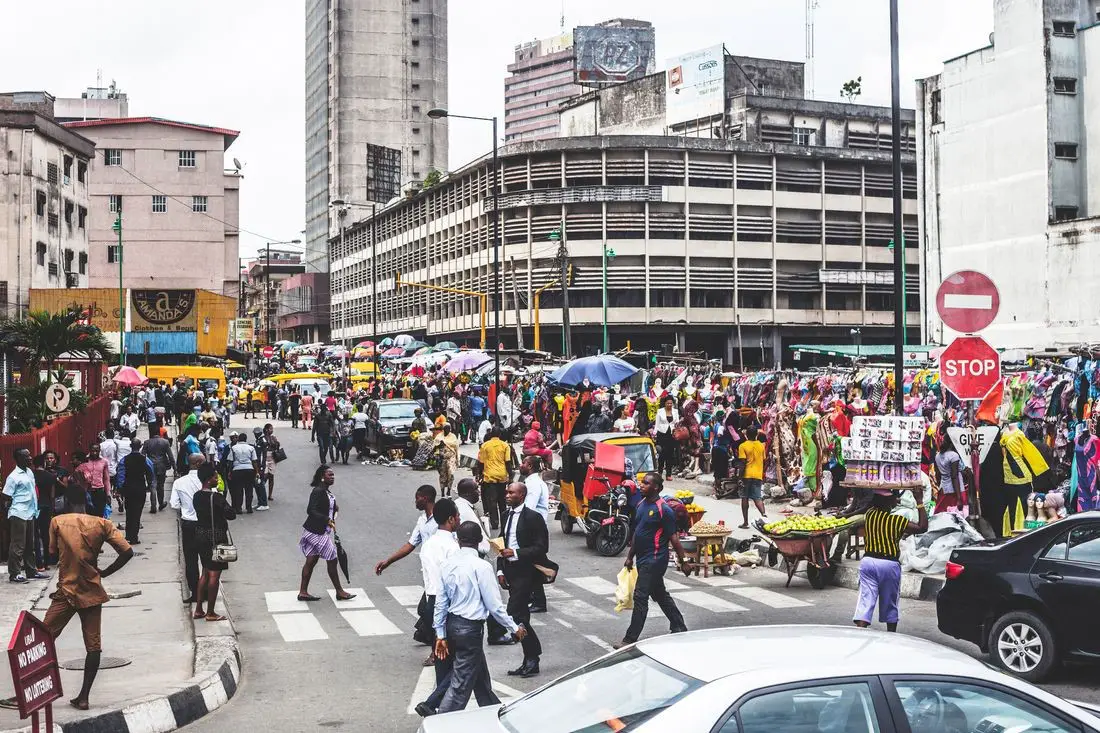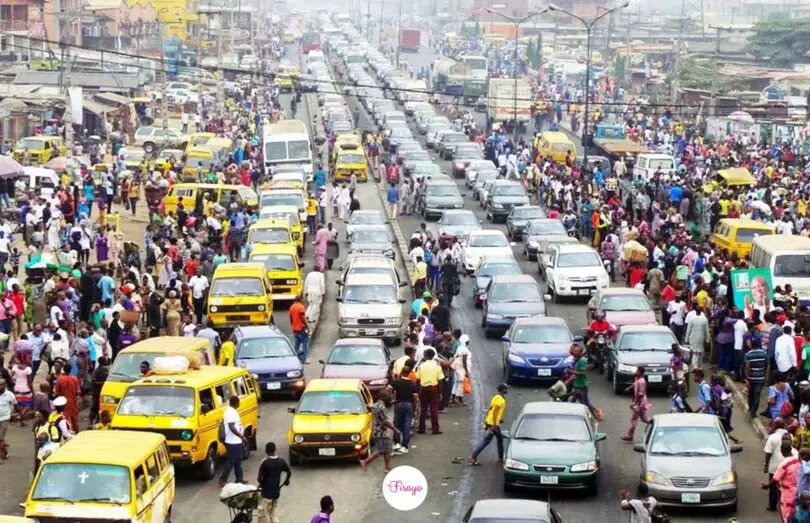Picture this. News of the worst places to live in Africa. What comes to your mind? War, poverty, insecurity, deplorable or lack of social amenities?
The truth is, that some African countries are still grappling with major issues that make life bearable. These areas face difficult obstacles, including social unrest, environmental problems, economic hardship, and political instability. Even with Africa’s abundance of natural beauty and cultural diversity, these affected nations provide a clear image of the continent’s continuous problems.
Table of Contents
What Factors Contribute to Worst Places to live in Africa?
Political instability ranks top among the reasons that compound the worst places to live in Africa. However, other factors contribute to the appeal of a place. They include the following:
- Poor social amenities
- Unemployment
- Economic inequality
- Crime
- Infrastructure
- Environmental degradation
- Weather
- Social tolerance
- Culture
What is the Hardest Place to Live in Africa?
In its “Global Liveability Index 2023” report, The Economist Intelligence Unit presented the world’s top cities rated the least liveable. This comprehensive assessment evaluates the livability of cities worldwide, taking into account five critical factors. They are:
- Stability: includes crime and conflict levels
- Healthcare accessibility and quality
- Environmental and cultural considerations: Such as climate, religious constraints, and culinary options.
- Educational opportunities: availability and quality.
- Infrastructure quality: Tackles covering aspects like roads, public transportation, water and housing facilities, energy supply, and telecommunications.
With the above, these are the worst places to live in Africa.
Tripoli

Shells in Tripoli, a once vibrant city now rocked by civil and political strife. Photo/The Economist
Tripoli, Libya’s capital city, scores highly the least liveable category according to the Economist Intelligence Unit. Libya is officially a failed state with political instability reigning high since the death of Muammar Gaddafi. A quick look at the city leaves you in tears. It is in oblivion and a pale shadow of what it was 15 years ago.
Armed conflict, instability, and high rates of crime make Libya unsafe. It is extremely difficult to go about your daily business here due to high unemployment rates, inflation, and lack of access to necessities such as healthcare and proper infrastructure.
Algiers
The Algerian capital has seen hard times in the recent past due to political instability. Although the capital is now quieter, it scores lowly in the liveable index list effectively plunging it to the worst places to live in Africa. Past political instability struggles continue to affect everyday life and they all stem from historical conflict and social unrest.
Living conditions are harder given the high unemployment rates and restricted access to essential services. Furthermore, environmental issues like pollution and poor infrastructure are in a worse state.
Doulala
Douala, the capital and economic centre of Cameroon, is one of the worst places to live in Africa. The city suffers from a lack of proper infrastructure, making daily living difficult due to poor roads, erratic public transportation, and irregular access to utilities.
High crime rates make people extremely concerned about their safety, which makes the city harder to live in. Douala’s residents also endure severe poverty and restricted access to healthcare, which exacerbates their hardship. Pollution and poor waste management are two more environmental problems that make the city less appealing. Taken together, these elements support Douala’s standing as one of the hardest towns in which to live in all of Africa.
Lagos

Lagos Nigeria. Photo/New York Magazine
Why would Lagos appear in the list of the worst places to live in Africa? Ironically, it has non-appeals as much as it is a glorious city in West Africa and home of Afrobeats. Infrastructure is strained by overpopulation, which results in clogged roads, unstable utilities, and subpar housing.
The well-being of the populace is impacted by safety concerns brought on by high crime rates and pervasive corruption. Poverty is exacerbated by economic inequality, which also restricts access to basic amenities like healthcare and education. Environmental problems such as pollution and poor waste management make it undesirable to live in Lagos.
Lastly, the fast urbanization and socioeconomic gap in Lagos brought about by economic inequality worsens things. The gap between the poor and the rich is extremely high and it is a major disservice to this West African country. It is enabled by the deeply rooted corruption which is now endemic and not getting any better. The Nigerian political class make it worse.








